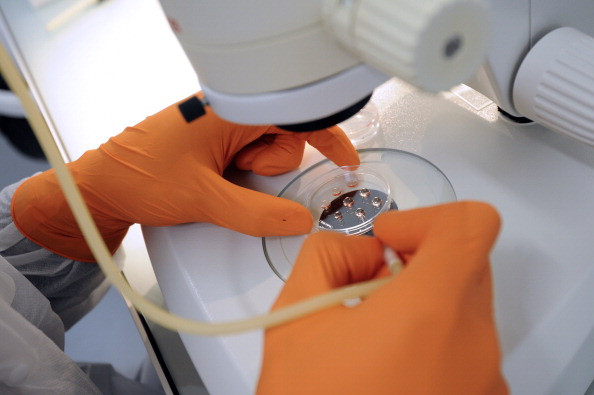Gene editing: UK scientists granted go ahead to experiment on human embryos

UK scientists can begin to genetically modify human embryos. For the first time, scientists have been given the go ahead to experiment on embryos for the first seven days after fertilisation.
The Human Fertilisation and Embryology Authority (HFEA) approved a research application from the Francis Crick Institute. The research will be led by Kathy Niakan to understand the genes human embryos need to develop successfully, possibly allowing them to find out what goes wrong during a miscarriage.
It could improve our understanding of embryo development after in vitro fertilisation, possibly leading to better clinical treatments for infertility.
Researchers will look at the first seven days of a fertilised egg's development. It will be illegal for the embryos to be implanted into a woman.
Paul Nurse, director of the Crick, said: "I am delighted that the HFEA has approved Dr Niakan's application. Dr Niakan's proposed research is important for understanding how a healthy human embryo develops and will enhance our understanding of IVF success rates, by looking at the very earliest stage of human development – one to seven days."
Embryos will be donated by patients who will have given their informed consent. The researchers now need to get ethical approval and once obtained, they can start in the next few months.
A statement from the HFEA said: "Our licence committee has approved an application from Dr Kathy Niakan of the Francis Crick Institute to renew her laboratory's research licence to include gene editing of embryos.
"The committee has added a condition to the licence that no research using gene editing may take place until the research has received research ethics approval. As with all embryos used in research, it is illegal to transfer them to a woman for treatment."
© Copyright IBTimes 2025. All rights reserved.






















